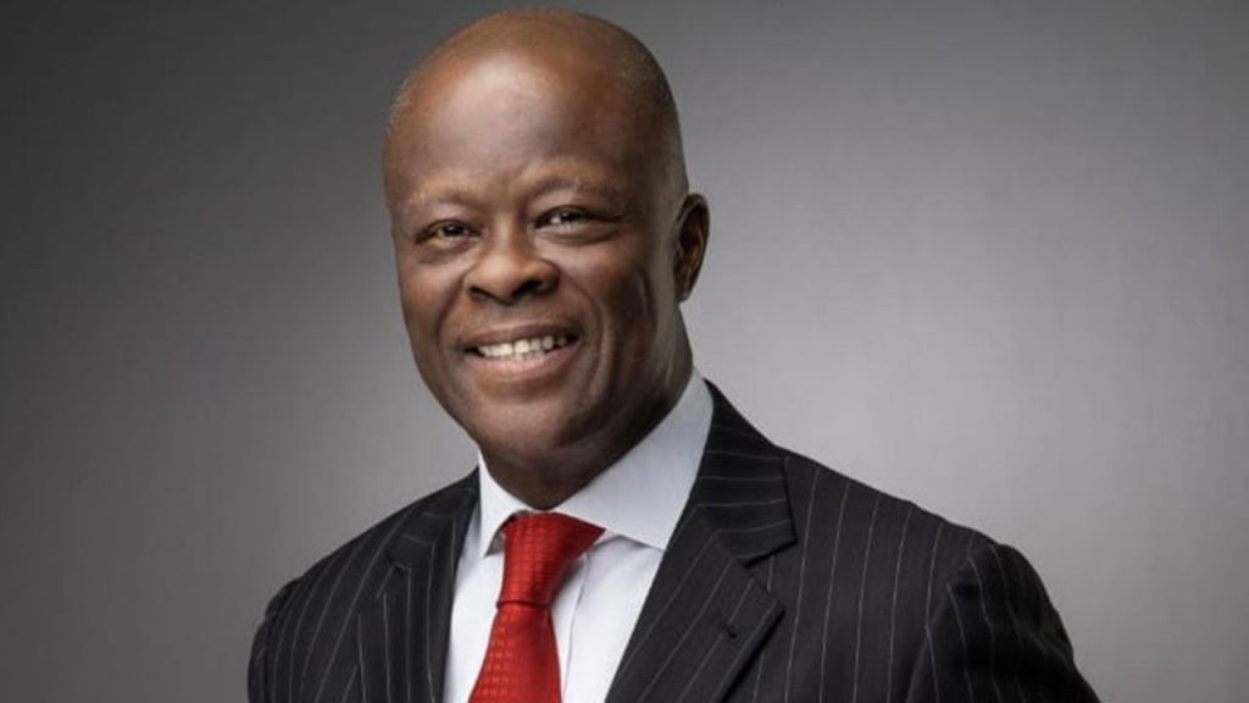Finance Minister Wale Edun has unveiled a pivotal economic reform program leveraging Nigeria’s enhanced revenue from the 2024 fiscal year, which reached over N9.1 trillion. The strategy focuses on extensive social investments, aiming to alleviate poverty by reaching 20 million of the nation’s poorest with cash transfers and bolstering sectors critical to economic stability and growth.
Edun detailed the plan at the 30th Nigeria Economic Summit, noting the significant role of technology in doubling government revenue, which is now funneling into various social programs. These initiatives include boosting agriculture and manufacturing to control inflation and increase food accessibility, substantial investments in oil production to maintain foreign exchange flows, and targeted financial aids like the new student loan scheme and subsidized loans for businesses affected by recent economic policies.
Additionally, he highlighted that direct cash transfers have already reached four million households, with plans to expand to 15 million. This social investment program, backed by improved oil production and macroeconomic adjustments, aims to save the country five percent of its GDP, according to the World Bank Country Director for Nigeria, Ndiamé Diop, who also recognized the potential of these reforms to stabilize Nigeria’s fiscal health and propel sustainable growth.




2 Comments